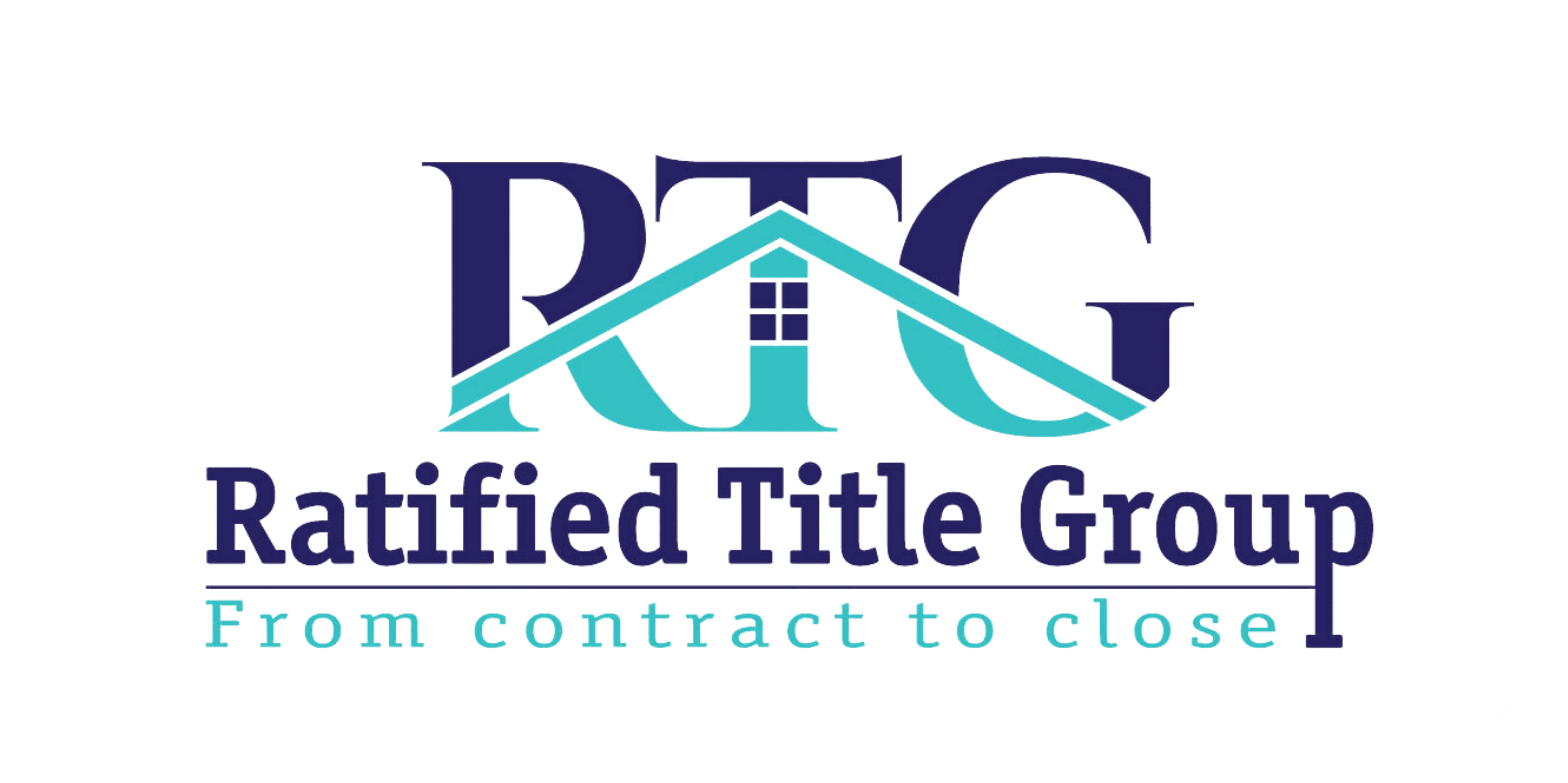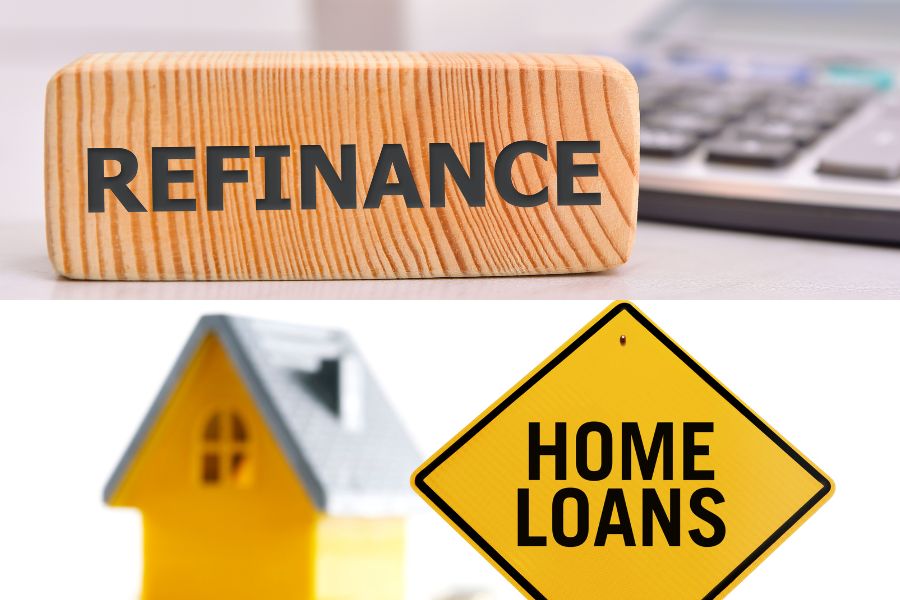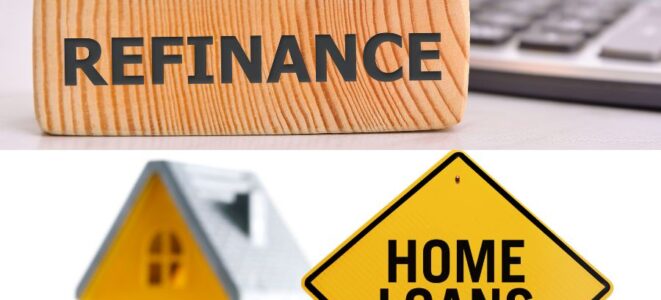When homeowners want to manage debt, lower their payments, or use the equity built in their home, two of the most common options are refinancing and a home equity loan. Both can offer practical financial advantages, but the right choice depends on your goals, long-term plans, and the current market situation. With housing values rising and mortgage rates shifting, it’s important to understand how each option works and which one may fit your needs best—especially if you’re considering Virginia Refinancing for long-term savings and flexibility.
Understanding Your Options
Many homeowners face a similar question: Should I refinance my mortgage or take a home equity loan? The answer depends on how much equity you have, your current interest rate, the type of debt you want to manage, and how long you plan to stay in your home. Both choices can be tools for stability or growth, but each works differently and carries its own benefits and risks. This guide breaks everything down clearly so you can make a confident decision.
What Is Refinancing?
Refinancing involves replacing your existing mortgage with a new one, often with a different interest rate, loan term, or loan type. When market rates are favorable, refinancing can help reduce your monthly payment, shorten your loan term, or switch from an adjustable-rate mortgage to a fixed-rate loan. Many homeowners use Virginia Refinancing to secure financial stability or adjust their loan structure to better match their current income and goals.
How Refinancing Works
When you refinance, your old mortgage is paid off and replaced with a new mortgage. The new loan terms dictate your payment schedule and interest rate moving forward. Some homeowners refinance to reduce interest rates, while others refinance to access cash through a cash-out refinance. This process is often used during life changes such as income adjustments, home improvements, or long-term budgeting decisions.
What Is a Home Equity Loan?
A home equity loan allows you to borrow money against the value of your home. It works like a second mortgage, with a fixed interest rate, set repayment schedule, and predictable monthly payments. This option appeals to homeowners who need a lump sum for renovations, medical costs, education, or debt consolidation. A home equity loan does not alter your primary mortgage; instead, it adds another monthly payment you must manage.

How a Home Equity Loan Works
When you take a home equity loan, the lender evaluates your current home value and how much you still owe. The equity—the part you own—determines how much you can borrow. Once approved, you receive the full loan amount at once and begin fixed, consistent payments. Because the rate is predictable, many homeowners use this option for large expenses that require a one-time payout.
Explore More:- The Impact of Interest Rates on Home Refinancing Decisions
Key Differences Between Refinancing and Home Equity Loans
Understanding the difference between the two options can help you decide which better fits your financial plans. Refinancing replaces your mortgage, while a home equity loan adds to it. Refinancing may lower your payment, but a home equity loan may give you cash without touching your existing rate.
Interest Rates and Payments
Refinancing may reduce your interest rate if current market conditions are favorable. When rates drop, thousands of homeowners consider Virginia Refinancing to secure long-term savings. A home equity loan typically carries a higher interest rate than a primary mortgage but can still be lower than credit card or personal loan rates. If lowering expenses is your goal, interest rates are a major deciding factor.
When Refinancing Makes More Sense
Refinancing is often the better choice when your current mortgage terms no longer serve you. If interest rates have dropped since you closed, refinancing may save you thousands over the life of your loan. It can also help reduce monthly payments or switch loan types to create more predictable budgeting. Many homeowners choose to refinance when preparing for major life changes such as retirement or expanding a family.
Benefits of Refinancing
Refinancing offers notable financial advantages without drastically changing homeownership responsibilities. Homeowners often refinance to improve cash flow or remove private mortgage insurance. For some, refinancing builds stability by locking in lower rates that support long-term planning. In many cases, Virginia Refinancing is a strategic move toward better financial security.
Some reasons homeowners refinance include:
-
Reducing monthly payments
-
Securing a lower interest rate
-
Switching from an adjustable-rate to fixed-rate mortgage
-
Shortening the loan term
-
Removing mortgage insurance
-
Consolidating high-interest debt
When a Home Equity Loan Makes More Sense
A home equity loan works best for homeowners who need a fixed amount of cash without altering their original mortgage. Many choose this route when their current rate is already low and refinancing would increase costs. If you have significant equity and want predictable payments, a home equity loan can be a strong choice for managing large expenses without disrupting your primary mortgage.
Benefits of a Home Equity Loan
A home equity loan gives you access to your home’s built-up equity without changing the terms of your existing loan. The payment remains fixed, making budgeting simple. For homeowners who want a stable second loan, this option can be helpful. It also provides an advantage for homeowners who locked in a low rate years ago and do not want to modify their current mortgage.
Comparing Costs: Refinancing vs. Home Equity Loan
Both options come with fees and closing costs. Refinancing typically involves more costs, including appraisal, credit checks, and title services. However, the potential long-term savings can outweigh upfront expenses. A home equity loan usually has lower fees but adds another monthly payment to your financial responsibilities. Evaluating both short-term and long-term costs is important for making the best decision.
Impact on Your Financial Goals
Your long-term objectives play a major role in deciding between refinancing and a home equity loan. Refinancing can be ideal for homeowners who want long-term savings, lower monthly payments, or a more stable interest rate. A home equity loan suits homeowners needing quick access to funds without altering their existing mortgage terms. Whether you prioritize monthly savings or access to cash determines which option aligns with your goals.
How Market Conditions Affect Your Choice
Mortgage rates change based on economic conditions, inflation, and housing demand. When rates drop, refinancing becomes more appealing. When rates rise, homeowners often prefer a home equity loan to avoid changing their low-rate mortgage. Staying informed on market trends helps you choose the most cost-effective option. Many residents rely on Virginia Refinancing guidance to time their financial decisions effectively.
How Much Equity Do You Need?
Both refinancing and home equity loans require sufficient home equity. Generally, lenders prefer homeowners to retain at least 20% equity after the loan is issued. This protects both the lender and homeowner from financial risk. Higher equity often leads to better loan terms, lower rates, and more borrowing power. Homeowners with lower equity may find refinancing more accessible than a home equity loan, depending on lender requirements.
Which Option Affects Your Taxes?
In some situations, mortgage interest and home equity loan interest may be tax-deductible when used for home improvements. These rules can change, so homeowners should consult a tax professional. If your goal is to make upgrades or repairs, both refinancing and home equity loans can provide financial support, but their tax benefits may differ based on how funds are used.
Is a Cash-Out Refinance a Better Choice?
Some homeowners compare a cash-out refinance directly with a home equity loan. A cash-out refinance offers one mortgage instead of two and provides access to equity. However, this option only makes sense if your new interest rate remains favorable. Many who pursue Virginia Refinancing select cash-out options when they need larger funds for projects or debt consolidation and still want the advantage of a single monthly payment.
Choosing the Best Option for Your Home and Budget
The right choice between refinancing and a home equity loan depends on your financial goals, interest rate, and how long you plan to stay in your home. If lowering payments or securing better loan terms matters most, refinancing may be the better path. If you want cash without modifying your primary mortgage, a home equity loan may work better. Taking time to evaluate your long-term financial plans ensures you make a decision that supports stability and growth.
Final Thoughts
Both refinancing and home equity loans offer homeowners valuable opportunities. Before making your decision, consider your interest rate, equity, and overall financial goals. The most important step is choosing the option that brings confidence to your long-term planning. Whether you want lower monthly payments, access to cash, or better loan terms, understanding these two paths will help you make a smart choice for the future.
Ready to Explore Your Best Option?
If you want trusted guidance to compare refinancing and home equity options, Ratified Title Group is here to help you move forward with clarity and confidence.
Use the link on our site to book a consultation or send us a message.


